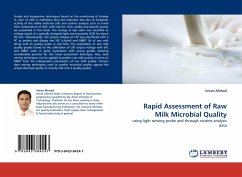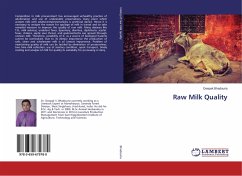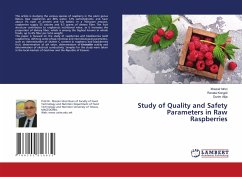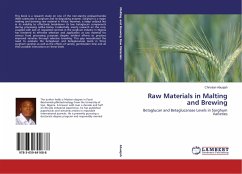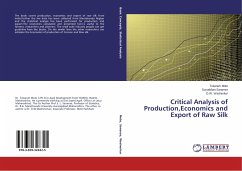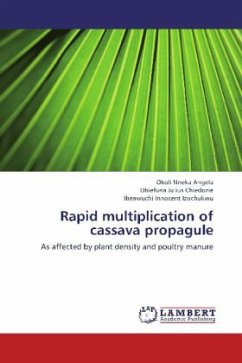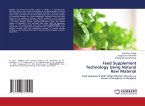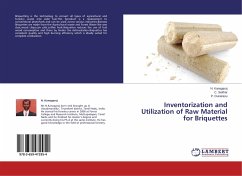Simple and inexpensive techniques based on the monitoring of change in color of milk in methylene blue dye reduction test due to metabolic activity of the viable bacterial cells and routine analysis such as travel time, temperature of milk, solid-not-fat, %fat, acidity and specific gravity are presented in this book. The change in dye color was recorded as voltage signal of a specially designed light sensing probe (LSP) for about 40 min. Subsequently, the output voltage of LSP was interfaced with a PC to predict and display the SPC (cfu/ml) and MBRT (h) of raw milk along with its quality grade in real time. The predictions of raw milk quality grades based on the calibration of LSP output voltage with SPC and MBRT were in good agreement with actual grades showing considerable promise for this novel assessment technique. Also, data mining techniques can be applied to predict raw milk quality in terms of MBRT from the independent parameters of raw milk quality. Various data mining techniques used to predict microbial quality against the actual observed quality to classify milk into 4 quality grades.

